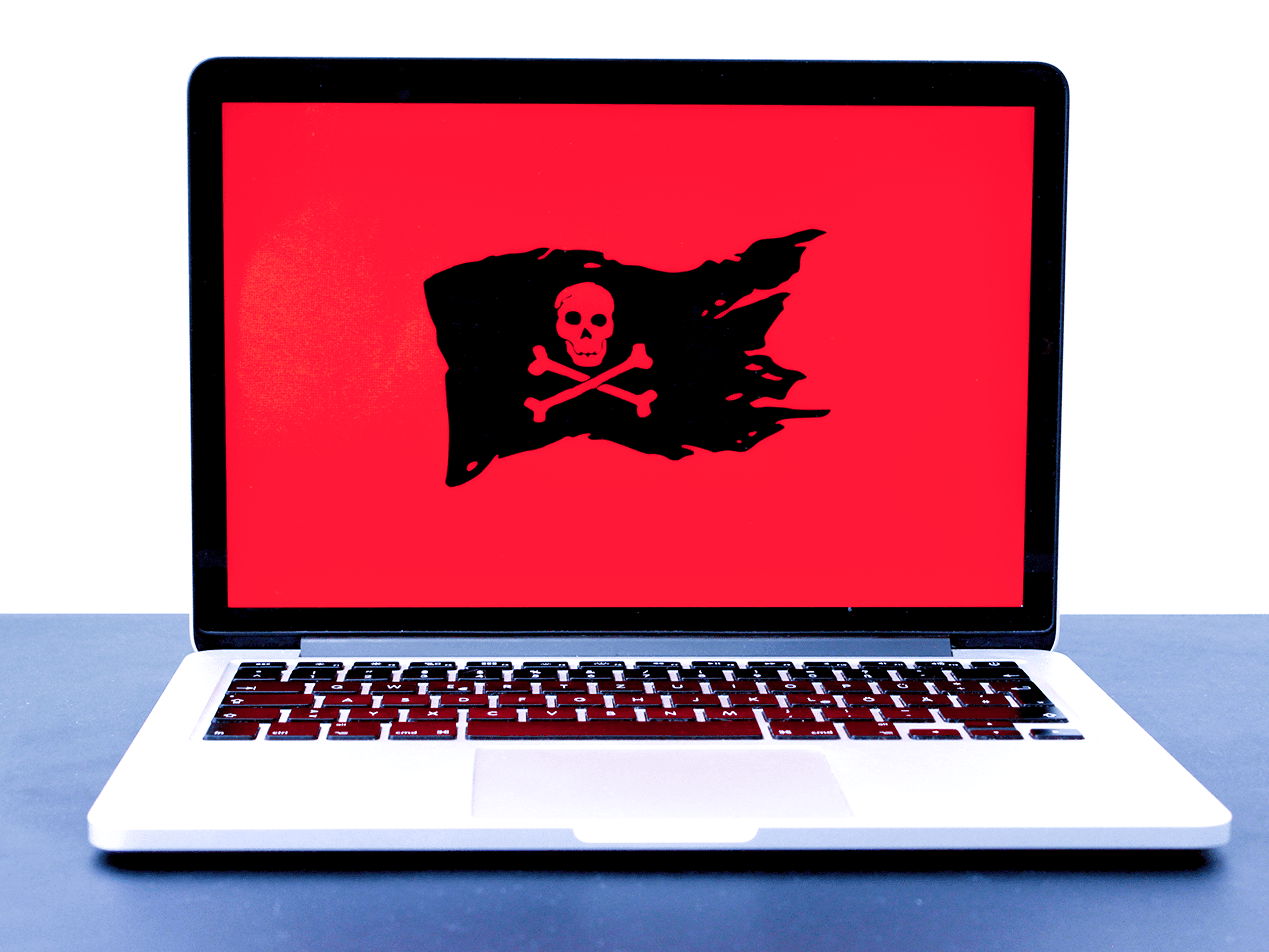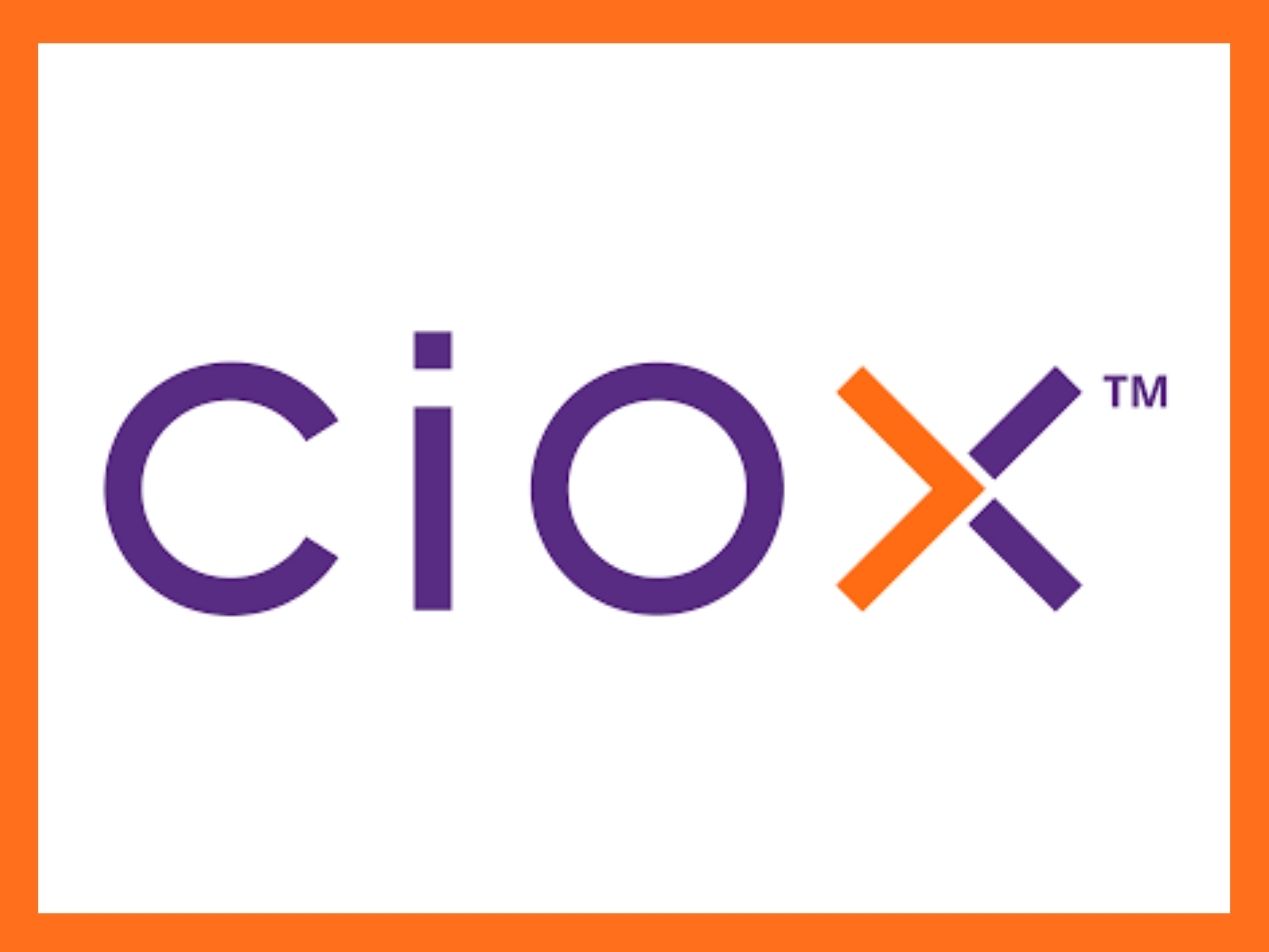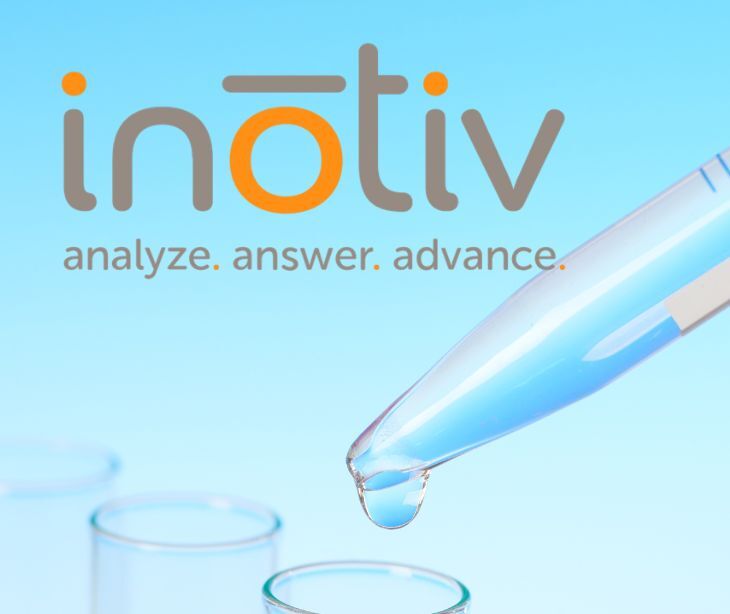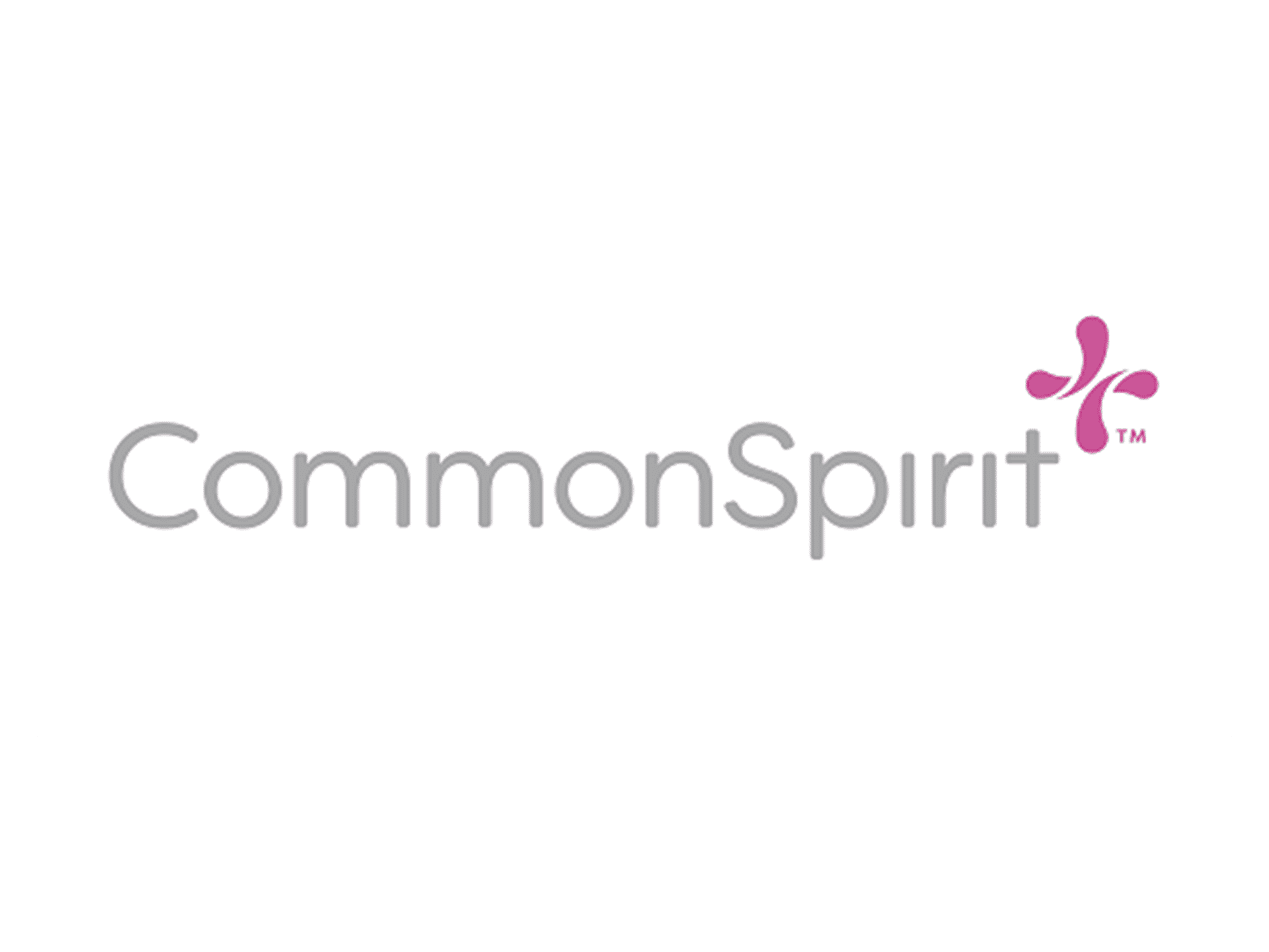
Frederick Health confirms ransomware attack compromised nearly a million patients’ data.
What happened
Frederick Health Medical Group confirmed that nearly a million individuals were affected by a ransomware attack on its IT systems in late January 2025. According to a report filed with the U.S. Department of Health and Human Services (HHS), the incident compromised sensitive patient information across its network of more than 25 locations. The attack was first detected on January 27, 2025, but the healthcare provider only recently concluded its investigation and disclosed the full scope of the breach.
Going deeper
The investigation revealed that threat actors accessed and stole certain files from a file share server. The stolen data varies by individual but may include names, addresses, dates of birth, Social Security numbers, driver’s license numbers, medical record numbers, health insurance details, and clinical information related to patient care.
To date, no ransomware group has claimed responsibility for the attack, and none of the stolen data has surfaced on dark web forums. The absence has raised speculation that Frederick Health may have negotiated or paid a ransom demand, though the organization has not confirmed such a transaction. To mitigate the impact, Frederick Health is offering free credit monitoring and identity theft protection services through IDX to all affected individuals.
What was said
In its notification, Frederick Health reaffirmed its commitment to patient safety and privacy, stating, “We take this incident very seriously and deeply regret any inconvenience or concern it may have caused. To help prevent a similar incident in the future, we have implemented and will continue to adopt additional safeguards to further protect and monitor our systems.” However, specific details about the security enhancements were not disclosed.
The big picture
Healthcare organizations continue to be lucrative targets for ransomware operators, given the nature of medical services and the value of patient data. The Frederick Health incident adds to a growing list of healthcare sector breaches in 2025, including recent attacks on Yale Health, DaVita, and Blue Shield of California. As breaches escalate in size and frequency, the healthcare industry faces mounting pressure to invest in stronger cybersecurity defenses and prepare for the possibility of ransom negotiations when critical patient data is at risk.
FAQs
Why might no ransomware group have claimed responsibility yet?
Sometimes attackers avoid public claims if ransom negotiations are ongoing or if payments have been made privately.
Could stolen data still surface later even if it hasn’t yet?
Yes, stolen data can be leaked weeks or even months after an attack, especially if a ransom agreement falls through.
What risks do patients face even if their information hasn't appeared online?
Stolen personal and medical data can still be sold quietly or used in targeted scams like medical identity theft.
How does Frederick Health’s response compare to industry best practices?
Offering credit monitoring aligns with industry norms, but withholding details about security upgrades can undermine patient trust.
What broader impact could this breach have on healthcare cybersecurity standards?
Large breaches like this often trigger stricter regulatory scrutiny and push more providers to strengthen breach response protocols.
Subscribe to Paubox Weekly
Every Friday we bring you the most important news from Paubox. Our aim is to make you smarter, faster.




